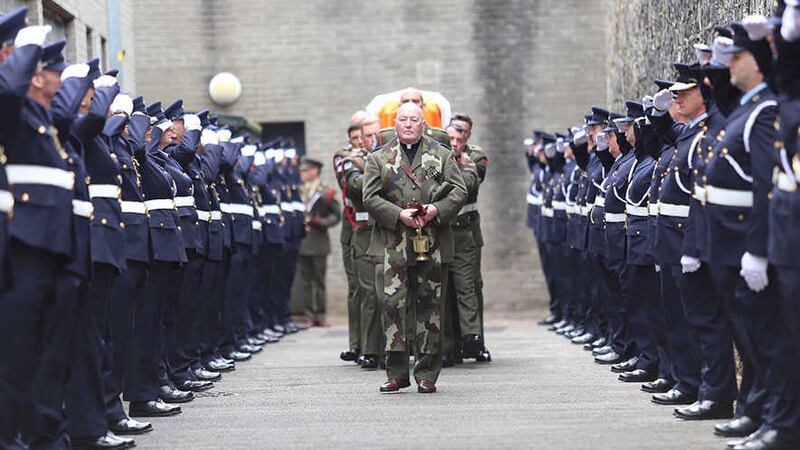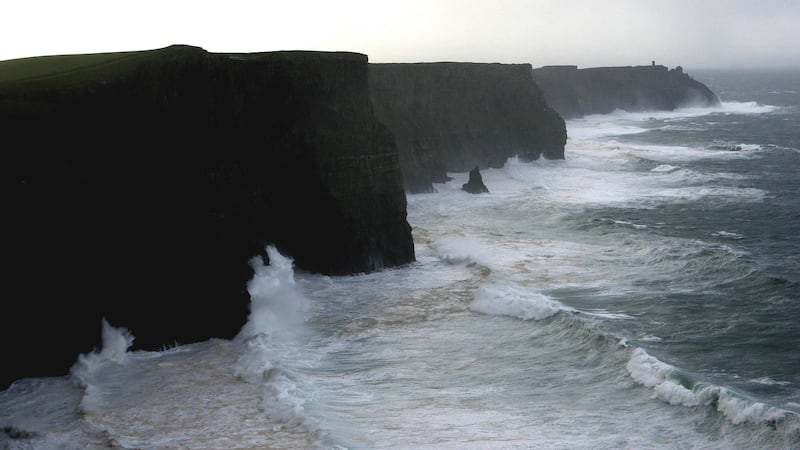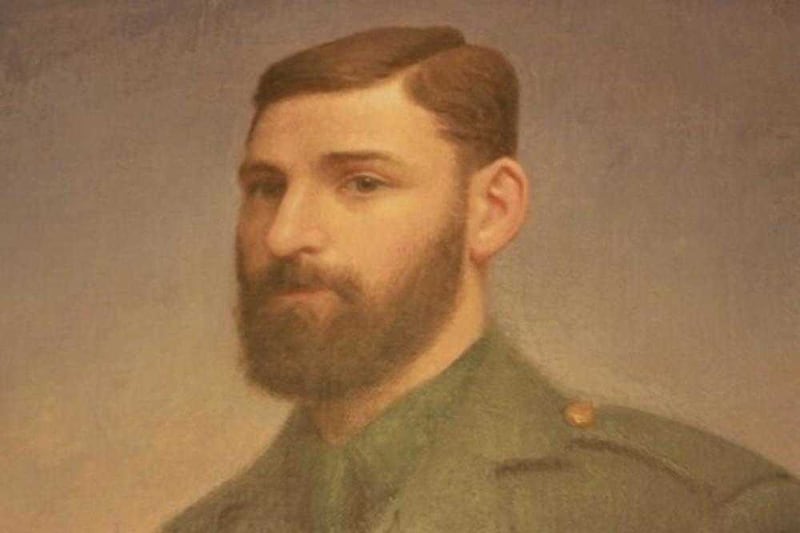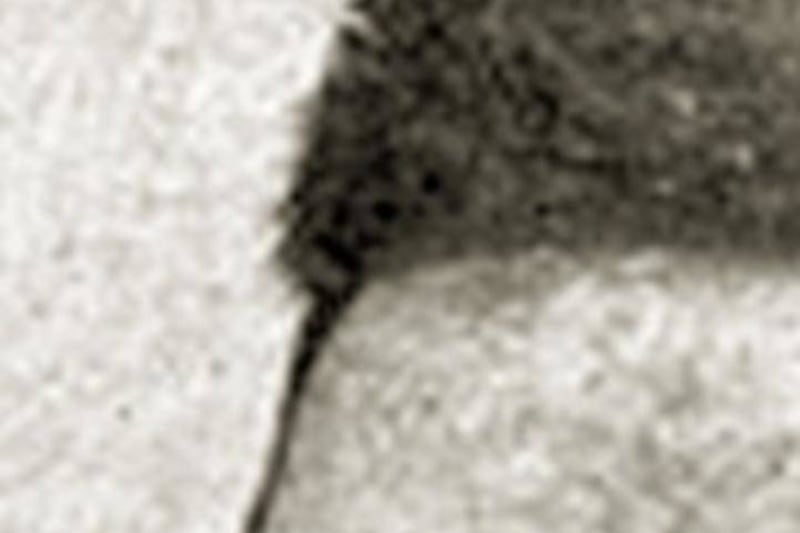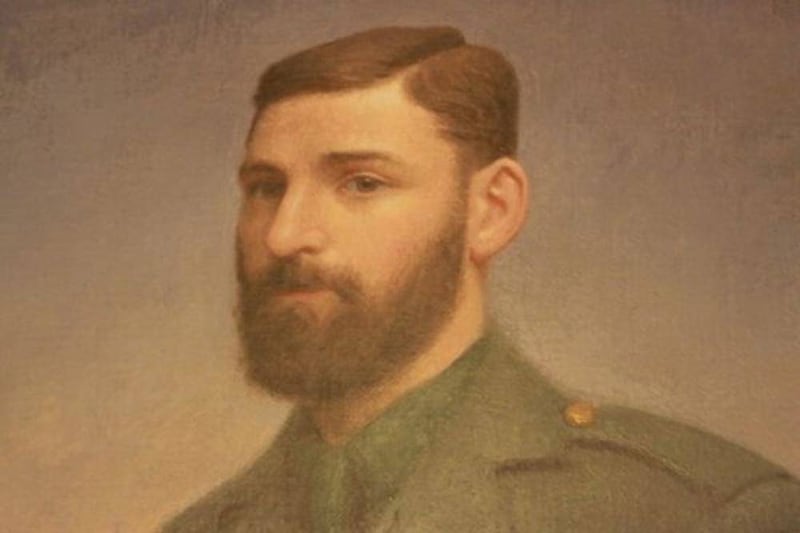The state funeral for rebel Thomas Kent brings his legacy as the "Forgotten Volunteer" to an end, the Bishop of Cloyne said.
Descendants, dignitaries and hundreds of those who gathered for the service at St Nicholas Church in Castlelyons, Co Cork, have been told he was a man of conviction, motivated by the ideals of patriotism, freedom and self-sacrifice.
In the eulogy, delivered by Company Quartermaster Sergeant Gerry White, Kent was remembered as a religious man with a strong belief in social justice and that Ireland should be both Gaelic and free.
Thousands of people turned out at the lying in state in Collins Barracks in Cork city, and along the route to Castlelyons as the cortege carrying the Tricolour-draped coffin passed the train station named in his memory and made its way to the church his family worshipped in.
There was also a private service for the Kent family in Cork Prison, where the rebel's body lay since his death by firing squad in the then-Victoria Barracks.
Bishop of Cloyne William Crean said the state funeral had written the final chapter in a long ordeal for the Kent family, 99 years after his execution.
"The person of zeal is profound in conviction and sure in the cause of right," the bishop said.
"Thomas Kent was one such man amongst others, women and men who shared his dream and sought to make it a reality.
"He and his compatriots dreamed the dream of freedom. They yearned to feel its bracing freshness in which identity, culture and commerce could prosper and flourish."
Among descendants attending the commemorations over the two days were Kent's nieces Prudence Riordan and Kathleen Kent and grand-nephews Mike Riordan, John and Liam Kent and Eamon, Tom and Sean Walsh, and grand-niece Nora Riordan, who has spoken of the family's "immense pride".
Kent, an Irish Volunteer and member of the Gaelic League, did not take up arms in the 1916 Rising.
But he was executed following a court martial after he and his family launched a fire-fight to resist arrest in a round-up of nationalist agitators a week after the Easter revolution.
Sgt White told the congregation that modern Ireland and the challenges facing the world can be inspired by the ideals of patriotism and self-sacrifice that motivated Kent, his family and the 1916 rebels.
"For ninety-nine years Thomas Kent's remains lay behind the walls of a prison, beneath a headstone that bore the title Oglaigh na hEireann and the emblem of the Volunteer movement," he said.
"It was a lonely grave in a lonely place. For many people he remained an obscure figure, the 'Forgotten Volunteer', someone they knew Kent Station in Cork was named after, but little else.
"Today, however, all that is changed.
"Today, because of the recent discovery of his remains, Thomas Kent has once again become someone who is very much in the present.
"Today, members of Oglaigh na hEireann, the Irish Defence Forces, will render the military honours that were denied him 99 years ago. Today, he will no longer be the Forgotten Volunteer. Today, after 99 years, Thomas Kent is finally coming home."
Kent was laid to rest in the graveyard beside St Nicholas's in the family plot, at relatives' request, rather then being re-interred in Glasnevin Cemetery in Dublin where other key 1916 rebels lie.
His death was described as a huge loss for his family and the Irish Volunteers.
He was regarded as a talented officer and an efficient administrator, with history showing he did nothing to indicate he was a violent man having never previously resisted arrest.
Born in Castlelyons in 1865, he spent some time in America before returning and becoming involved in the republican movement.
He did not travel to Dublin or take part in armed action on Easter Monday 1916, after Eoin MacNeill gave a countermanding order.
But being a known republican and having been jailed several times for activism, Royal Irish Constabulary officers attempted to arrest him and three brothers a week later at their home Bawnard House.
Kent and his family launched a fire-fight which lasted several hours, leaving one constable and a brother dead.
He was sentenced to death by firing squad on May 9 1916.
Along with Roger Casement, who was hanged in Pentonville Prison in London, Kent was one of only two rebels executed outside of Dublin in 1916, and his body was buried in Cork Prison, known as the Victoria Barracks at the time.
The service was marked with the full trappings of a state funeral including a military firing party rendering honours, the Last Post, the Reveille, and Amhran na bhFiann.
Bishop Crean also recalled those who fought and died in the Easter Rising and said "thereafter a certain tentative mood prevails in our time, uncertain of the worth of violent resistance".
